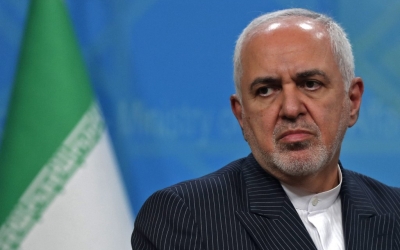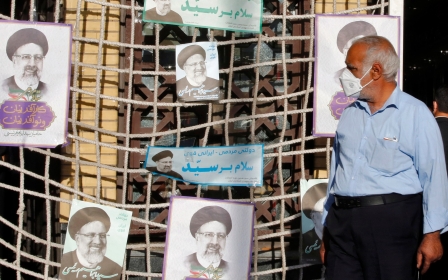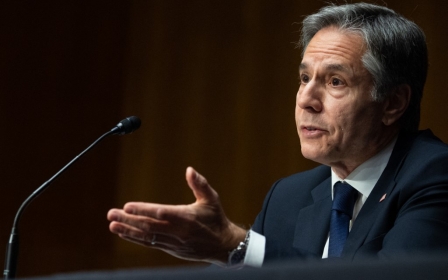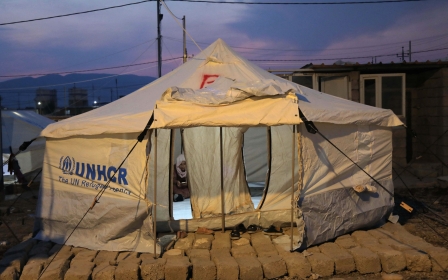Iran regains UN voting rights after settling $16m in unpaid dues
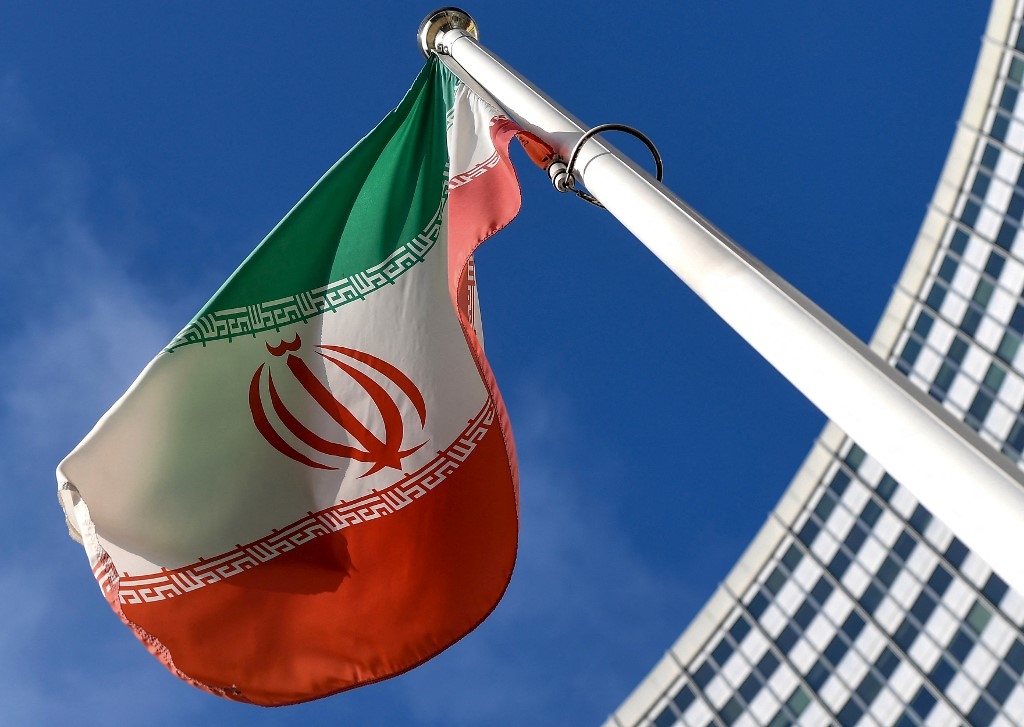
Iran regained its voting rights in the UN General Assembly on Friday after paying off some $16.2m in arrears, and lashed out at the United States for maintaining sanctions that have prevented it from accessing billions of dollars in foreign banks.
UN deputy spokesman Farhan Haq announced that Iran was able to vote in Friday's election for five new members of the Security Council for 2022-2023.
The payment was made after the United States allowed Tehran to use funds that were frozen in South Korea, where alongside China and Iraq, the Islamic Republic says billions of dollars of oil revenue are frozen under US sanctions.
Tehran owed a total of $65m, but the $16m it paid was the minimum amount needed to regain its vote.
Discussions had been underway for several months between the UN, Iran, South Korea and the US to obtain the release of this particular Iranian account in Seoul so that Tehran could settle its debt.
"After more than 6 months of working on it, the UN today announced it has received the funds," Majid Takht Ravanchi, Iran's ambassador to the UN, said on Twitter.
He blamed "illegal US sanctions" for the delay in settling the debts, saying they had "not just deprived our people of medicine; they have also prevented Iran from paying our dues in arrears to the UN".
"ALL inhumane sanctions must be lifted NOW," the Iranian diplomat added.
'Unlawful acts of war'
Last week, the UN said Iran would lose its voting rights at the General Assembly after falling into arrears.
Iran's Foreign Minister Mohammad Javad Zarif sent a letter to UN Secretary General Antonio Guterres the following day, saying the US's "unlawful unilateral sanctions" and its "economic warfare" had most importantly prevented Iran from using its own money to buy food and medicine, in addition to not paying dues to the UN and some other international organisations.
He wrote that the "US' unlawful acts of war" had frozen Iran's "multi-billion dollars of cash deposits - and not assets or reserves - in South Korean, Japanese, Iraqi and other banks".
Former US President Donald Trump began imposing crippling sanctions on Iran in May 2018 as part of his administration's "maximum pressure" campaign.
The sanctions came after Washington walked away from the Iran nuclear deal, known as the Joint Comprehensive Plan of Action (JCPOA).
In response, Iran began loosening its commitments to the agreement and started enriching uranium at a grade as high as 60 percent, in violation of the JCPOA which sets the enrichment limit at 3.67 percent.
Negotiations are underway in the Austrian capital on how to lift the sanctions by Washington against Tehran, in exchange for Tehran's return to full compliance with the agreement.
The restoration of its voting rights allowed Iran to vote in the General Assembly on Friday in the election of five new non-permanent members to the Security Council. The United Arab Emirates, Brazil, Albania, Gabon and Ghana were candidates for the five vacancies and won them.
Middle East Eye propose une couverture et une analyse indépendantes et incomparables du Moyen-Orient, de l’Afrique du Nord et d’autres régions du monde. Pour en savoir plus sur la reprise de ce contenu et les frais qui s’appliquent, veuillez remplir ce formulaire [en anglais]. Pour en savoir plus sur MEE, cliquez ici [en anglais].


